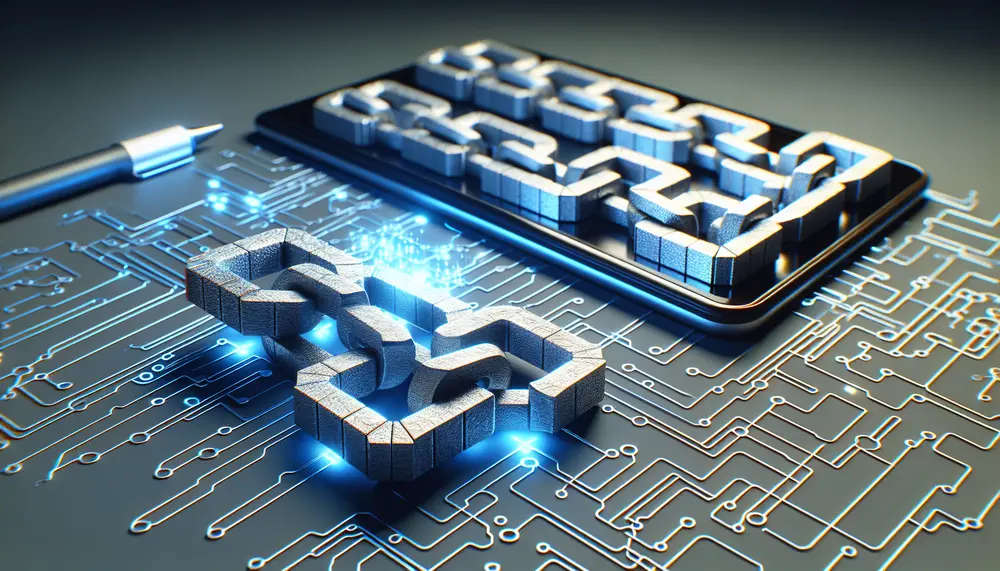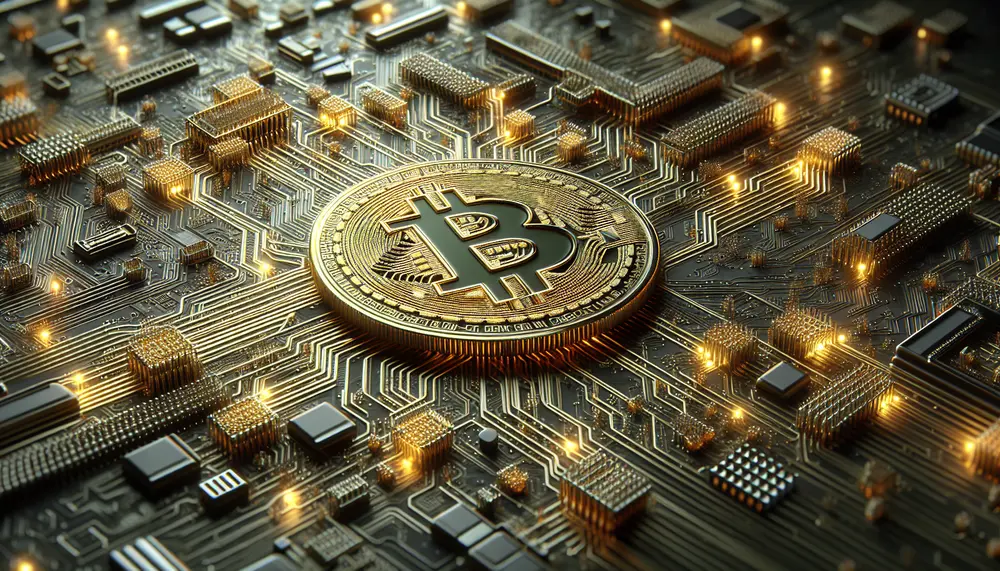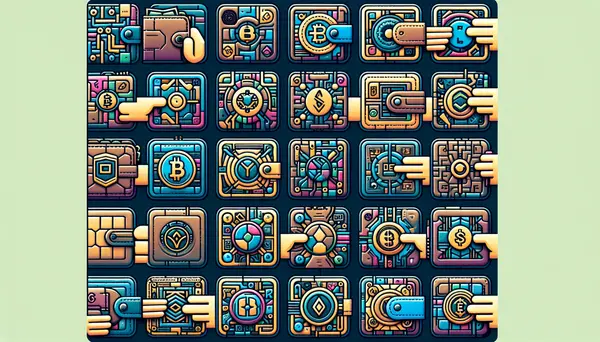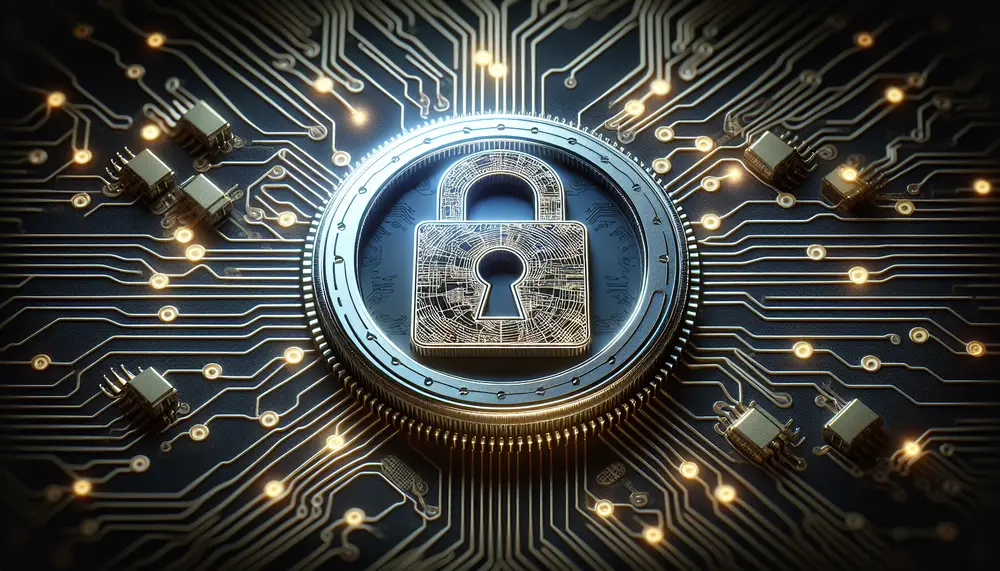Posts on the Topic Transactions

Blockchain technology is a decentralized system that ensures data security and transparency, using an immutable chain of records called blocks linked by cryptography. This structure allows for transparent, verifiable transactions without the need for central authority or intermediaries, making it...

Blockchain scan technology is a crucial component of the cryptocurrency ecosystem, providing transparency and integrity by allowing users to track transactions on blockchain networks. It enables real-time monitoring, verification, and detailed information access for various applications beyond just cryptocurrencies. Blockchain explorers...

Blockchain is a decentralized technology that enables secure, transparent transactions across a distributed network of computers without the need for central authority, revolutionizing data management and applications beyond cryptocurrencies. It uses cryptographic algorithms to create an immutable chain of blocks...

Blockchain notes revolutionize digital information management by leveraging blockchain technology to create secure, collaborative, and verifiable text entries that are resistant to tampering. This innovation offers significant benefits for industries reliant on record-keeping by ensuring data integrity through an immutable...

Blockchain technology offers transformative potential for the logistics industry by enabling more efficient, transparent supply chains and reducing costs through secure data sharing among stakeholders. The integration of blockchain enhances security, auditability, inventory management, reduces paperwork, and improves stakeholder collaboration...

This article provides a beginner's guide to understanding blockchain technology, explaining its decentralized nature and how it uses cryptography for secure transactions. It covers the structure of blockchains with blocks, nodes, and networks that ensure transparency and consensus without central...

Blockchain technology is a decentralized and secure method of recording transactions across multiple computers, ensuring data integrity without central authority. It has evolved from supporting Bitcoin to having the potential to disrupt various industries with its immutable ledger system, offering...

The article discusses the synergistic relationship between blockchain and AI, known as Blockchain X AI, which enhances innovation through secure record-keeping and advanced analytics. This combination leads to efficient solutions across industries like supply chain management, financial services, and healthcare...

Blockchain poker combines traditional card gaming with blockchain's secure, decentralized ledger technology, offering verifiable fairness and transparent pot management. It introduces a new era of security, transparency, and player empowerment in online poker through decentralized platforms that allow for community...

Blockchain APIs are essential for developers to interact with blockchain networks, simplifying the creation of decentralized apps and integration into existing systems. They enable a broader audience to access blockchain technology by facilitating transactions, data manipulation, and interoperability across various...

The Bitcoin network is a decentralized digital infrastructure that enables the creation, transfer, and storage of Bitcoin without central oversight, using blockchain technology to maintain an immutable transaction ledger. It consists of miners who secure transactions, nodes maintaining the blockchain's...

Blockchain technology is a secure, decentralized digital ledger that records transactions in an immutable chain of blocks and underpins the operation of cryptocurrencies like Bitcoin. It ensures transparency by making all transaction histories transparent to participants while maintaining security through...

Monero is a privacy-focused cryptocurrency launched in 2014, using advanced cryptography to ensure secure and untraceable transactions. It stands out for its opaque ledger, ring signatures, stealth addresses, and RingCT technology that collectively maintain transaction confidentiality while promoting financial autonomy. Comparatively,...

Blockchain explorers are vital tools that offer real-time insights into blockchain transactions, blocks, and addresses, enhancing transparency and trust within the cryptocurrency community. They provide a user-friendly interface for both beginners and experts to independently verify transactions and analyze network...

Blockchain unconfirmed transactions are transfers awaiting inclusion in a block, residing temporarily in the Mempool. Factors like network congestion and transaction fees influence confirmation times, which users must understand to manage their cryptocurrency effectively. The Memory Pool holds pending transactions before...

Blockchain protocols are the foundational rules that govern how blockchain networks operate, ensuring secure and consistent transactions across a decentralized ledger. These protocols enable cryptocurrencies like Bitcoin and Ethereum to function without central authorities by using consensus mechanisms such as...

Blockchain Ki combines blockchain's secure, transparent ledger with AI's predictive and automation capabilities to create smarter, more efficient networks that can dynamically adjust protocols for faster transactions and reduced energy use. This integration leads to practical applications like self-updating smart...

Bitcoin transactions are electronic messages signed with cryptographic keys, consisting of inputs (references to previous transactions) and outputs (new destinations for bitcoins). The structure includes fields such as version, flag, input counter/list, output counter/list, witness field and lock time; the...

Blockchain validators play a crucial role in maintaining the integrity and security of blockchain networks by verifying transactions, preventing fraud, and ensuring adherence to network rules. The process of becoming a validator involves financial commitment (staking cryptocurrency) and technical competency;...
















